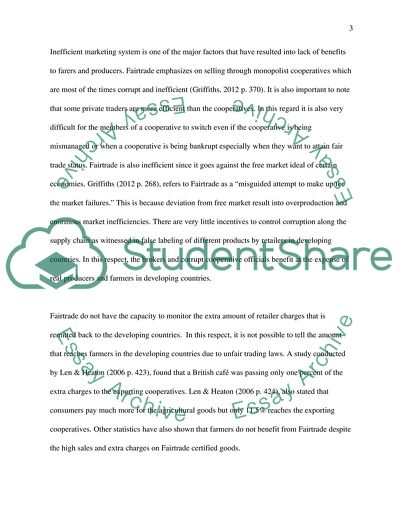Cite this document
(“Is fairtrade beneficial to producers and farmers in developing Essay”, n.d.)
Is fairtrade beneficial to producers and farmers in developing Essay. Retrieved from https://studentshare.org/marketing/1633958-is-fairtrade-beneficial-to-producers-and-farmers-in-developing-countries
Is fairtrade beneficial to producers and farmers in developing Essay. Retrieved from https://studentshare.org/marketing/1633958-is-fairtrade-beneficial-to-producers-and-farmers-in-developing-countries
(Is Fairtrade Beneficial to Producers and Farmers in Developing Essay)
Is Fairtrade Beneficial to Producers and Farmers in Developing Essay. https://studentshare.org/marketing/1633958-is-fairtrade-beneficial-to-producers-and-farmers-in-developing-countries.
Is Fairtrade Beneficial to Producers and Farmers in Developing Essay. https://studentshare.org/marketing/1633958-is-fairtrade-beneficial-to-producers-and-farmers-in-developing-countries.
“Is Fairtrade Beneficial to Producers and Farmers in Developing Essay”, n.d. https://studentshare.org/marketing/1633958-is-fairtrade-beneficial-to-producers-and-farmers-in-developing-countries.


